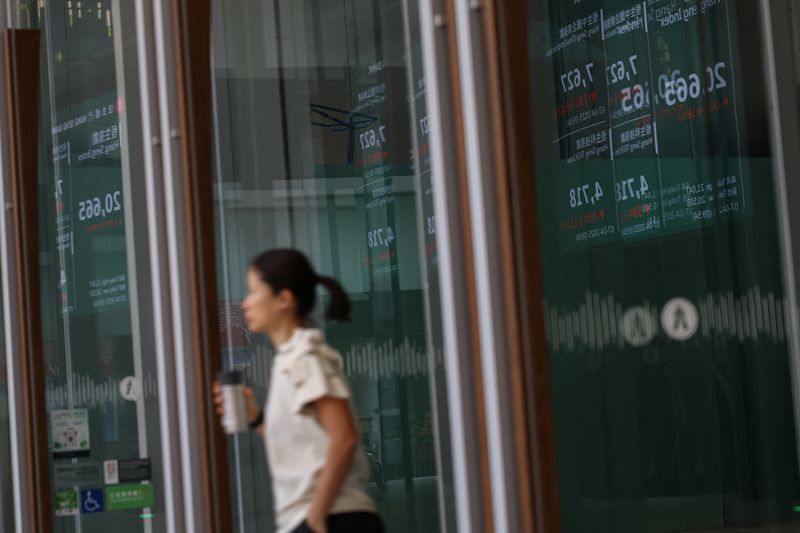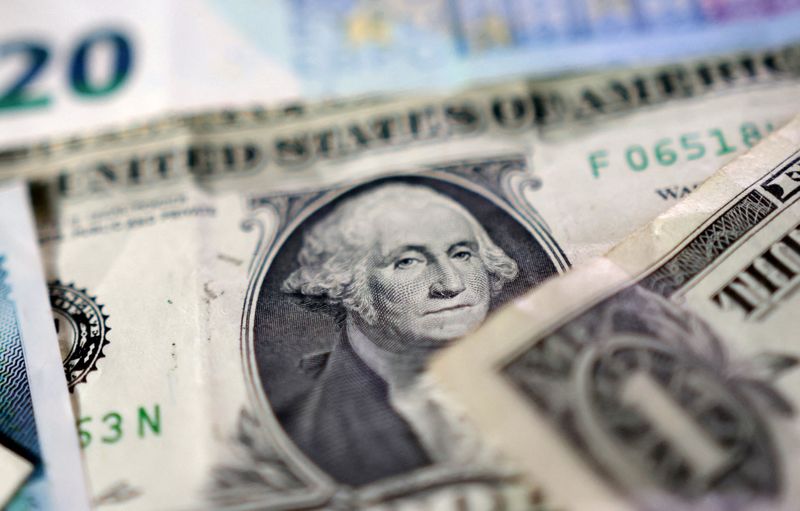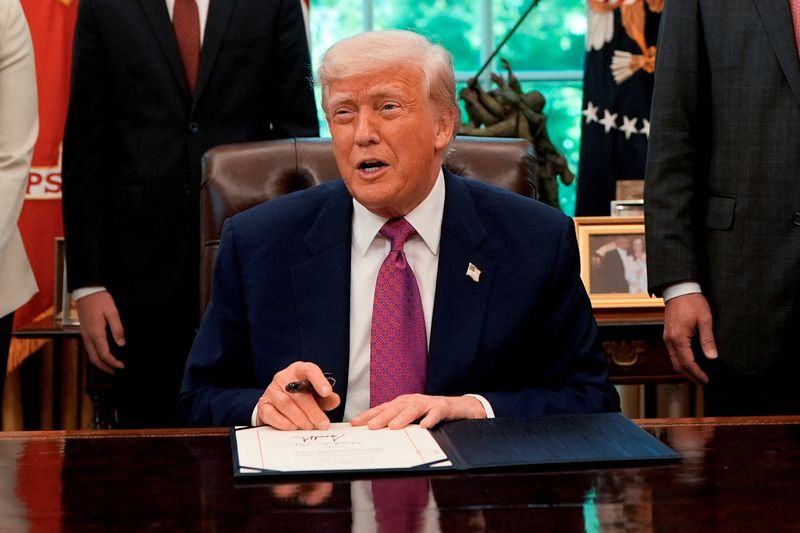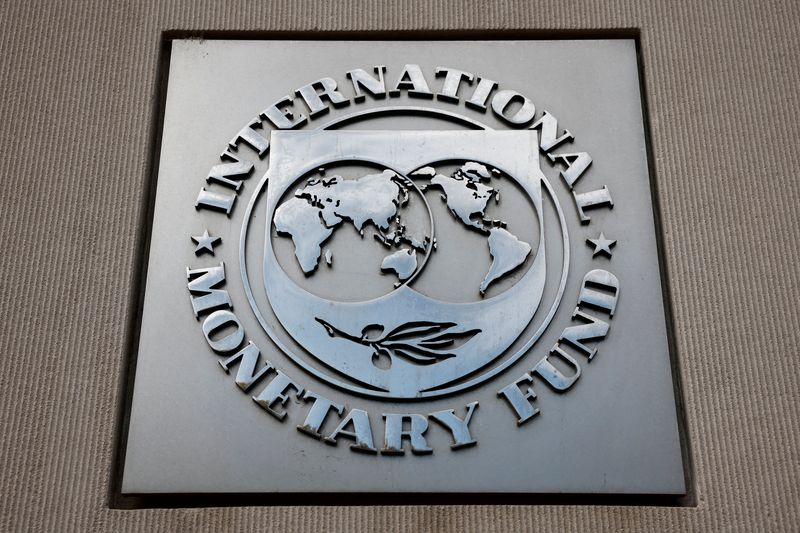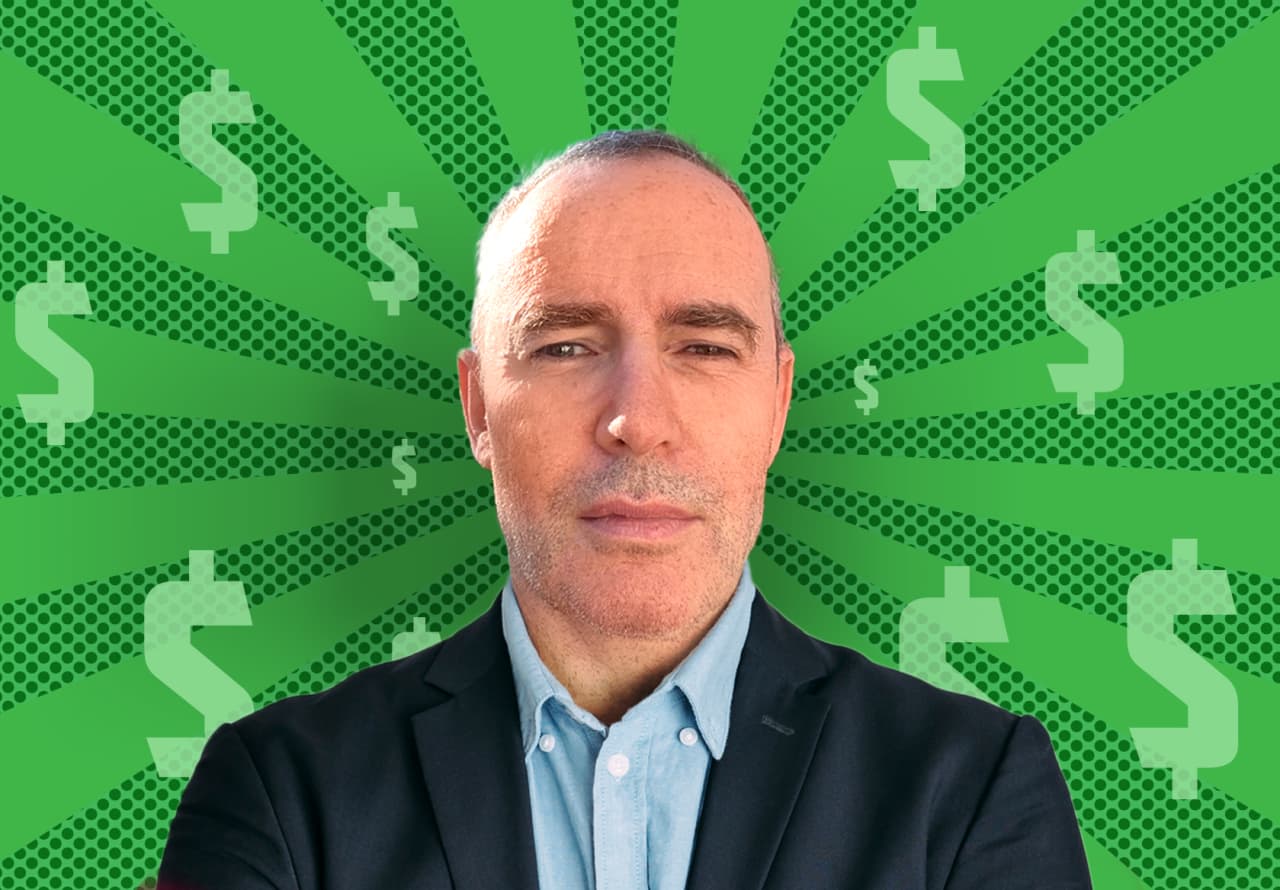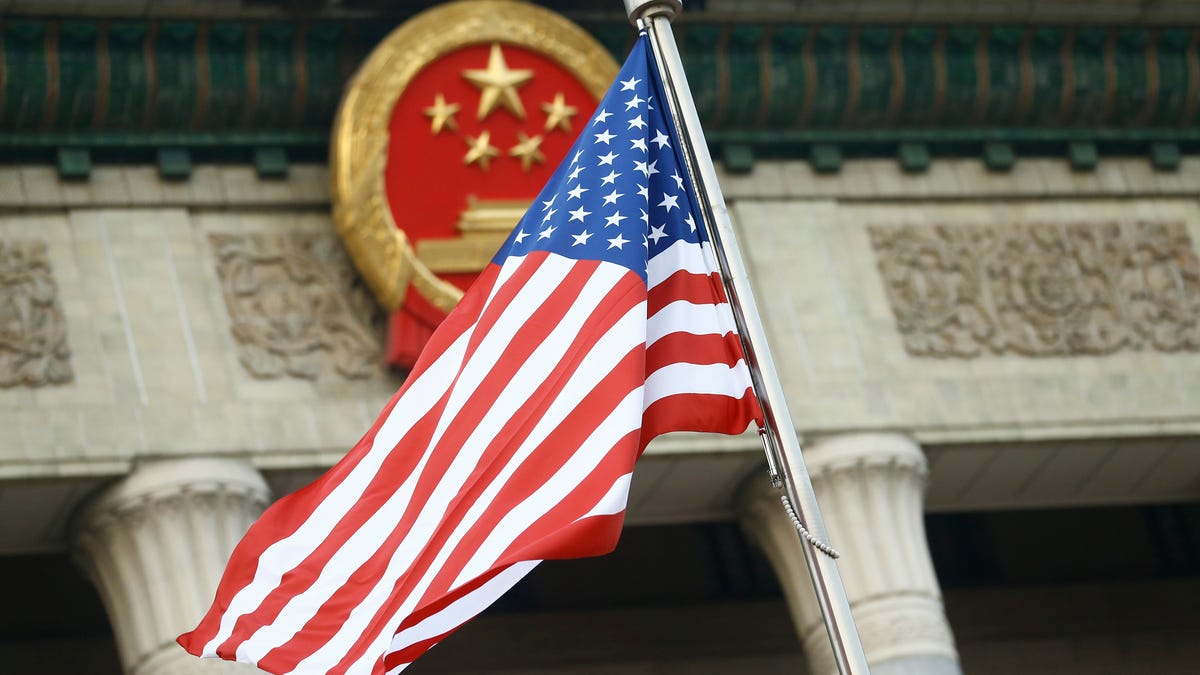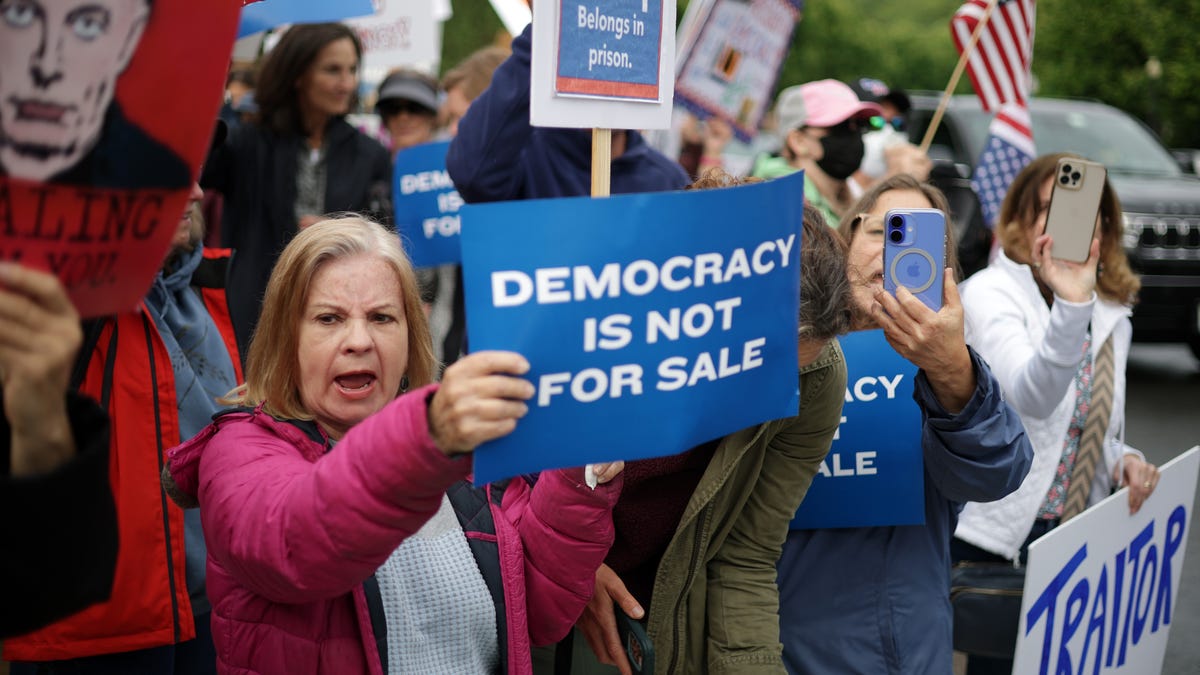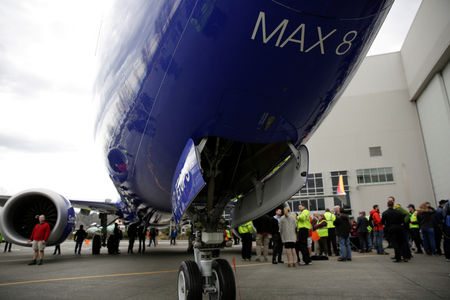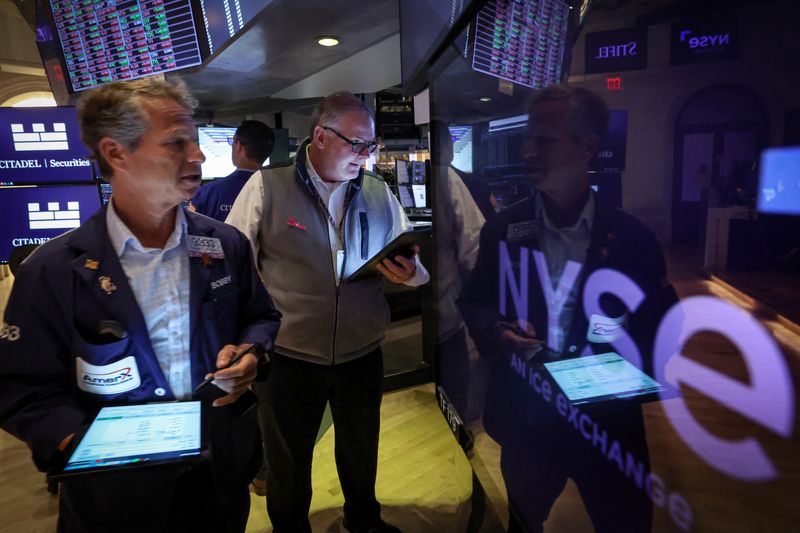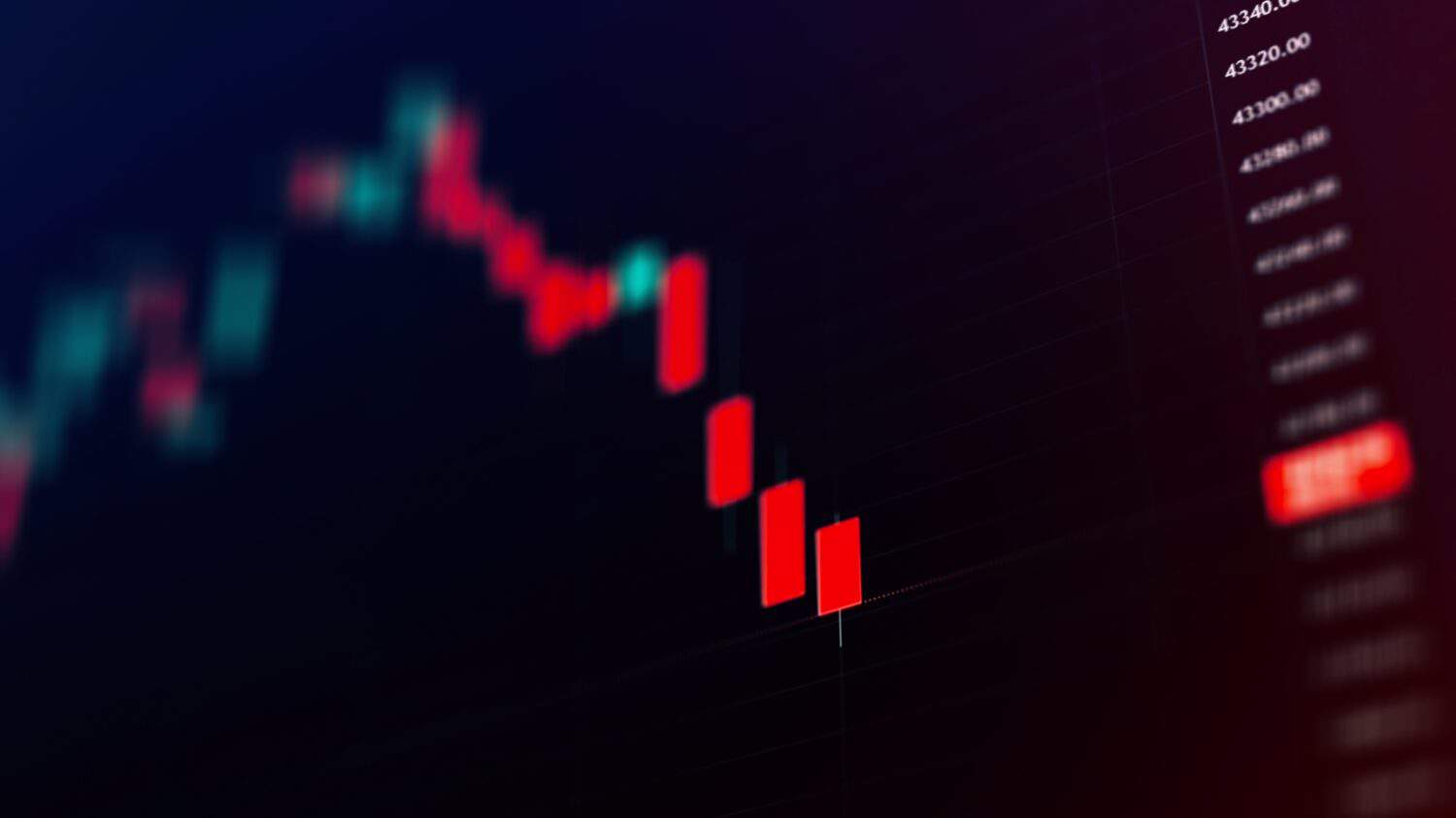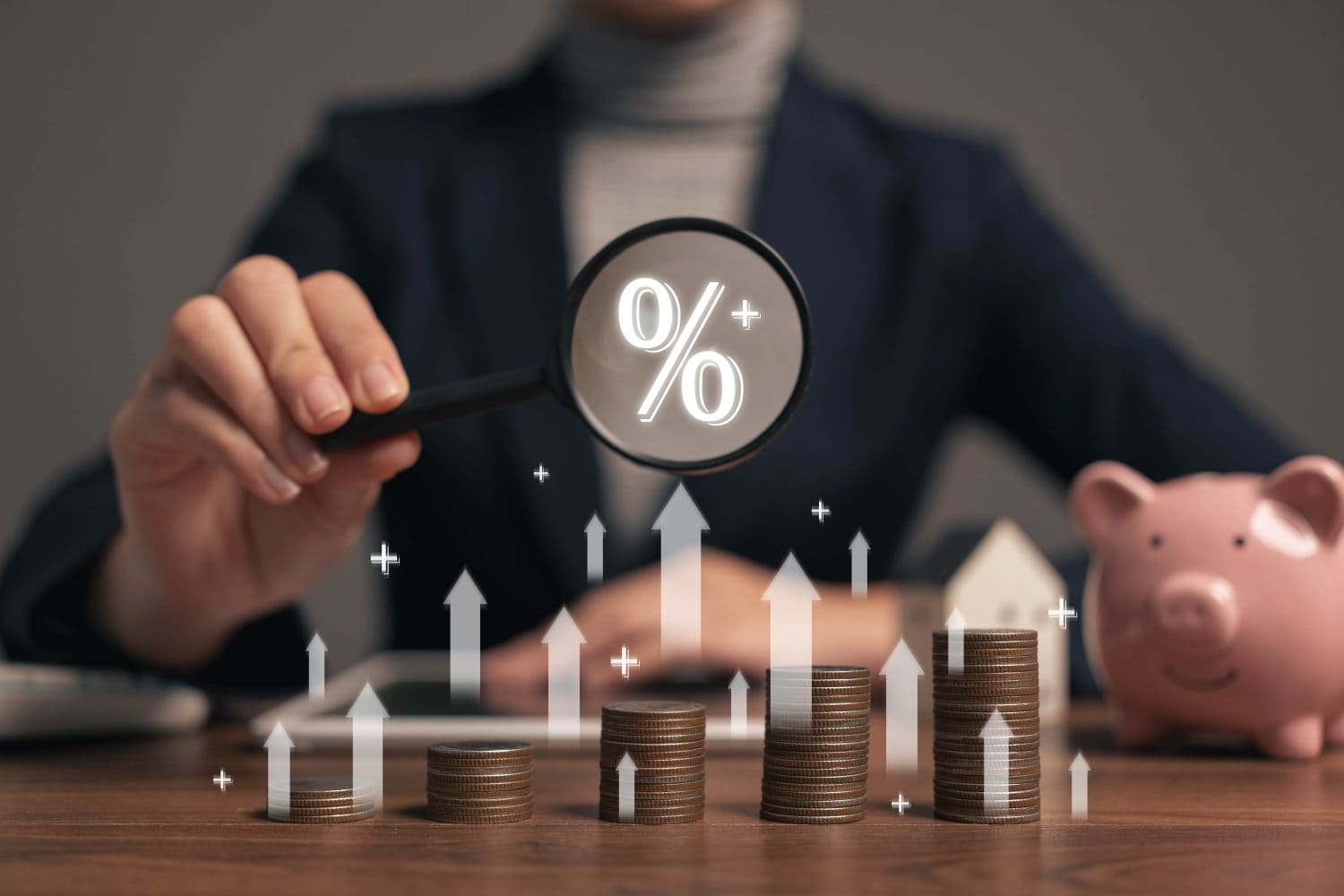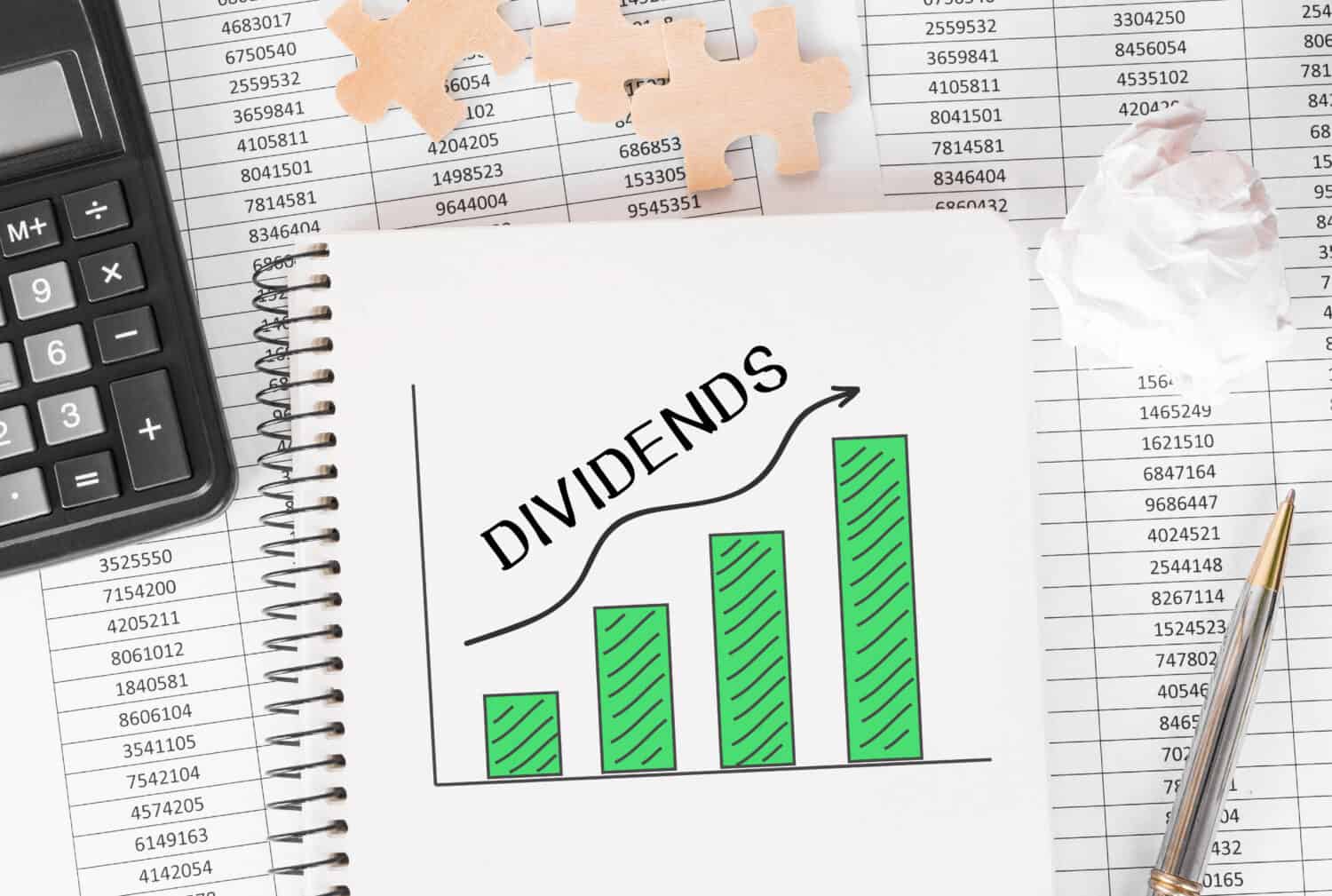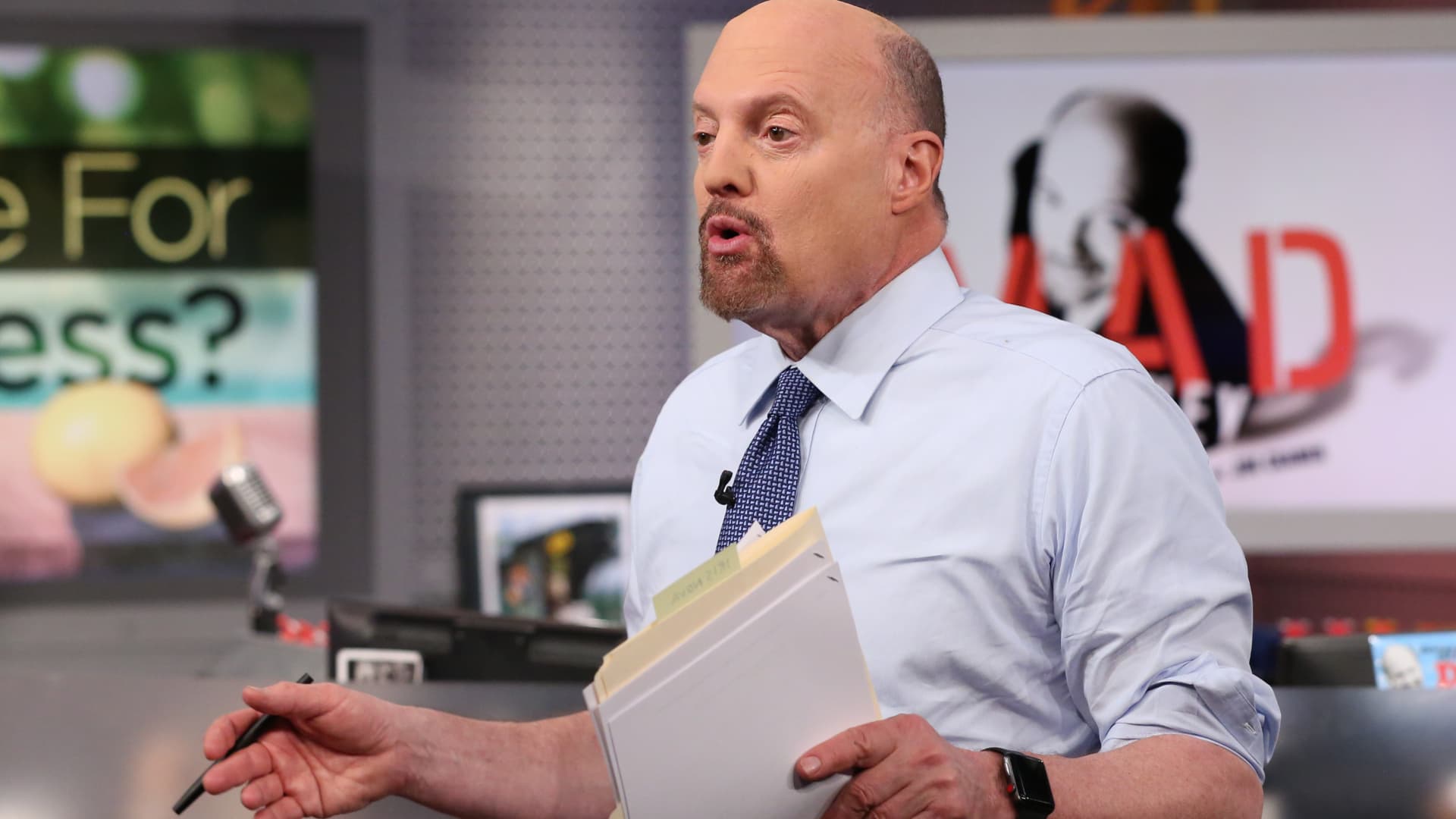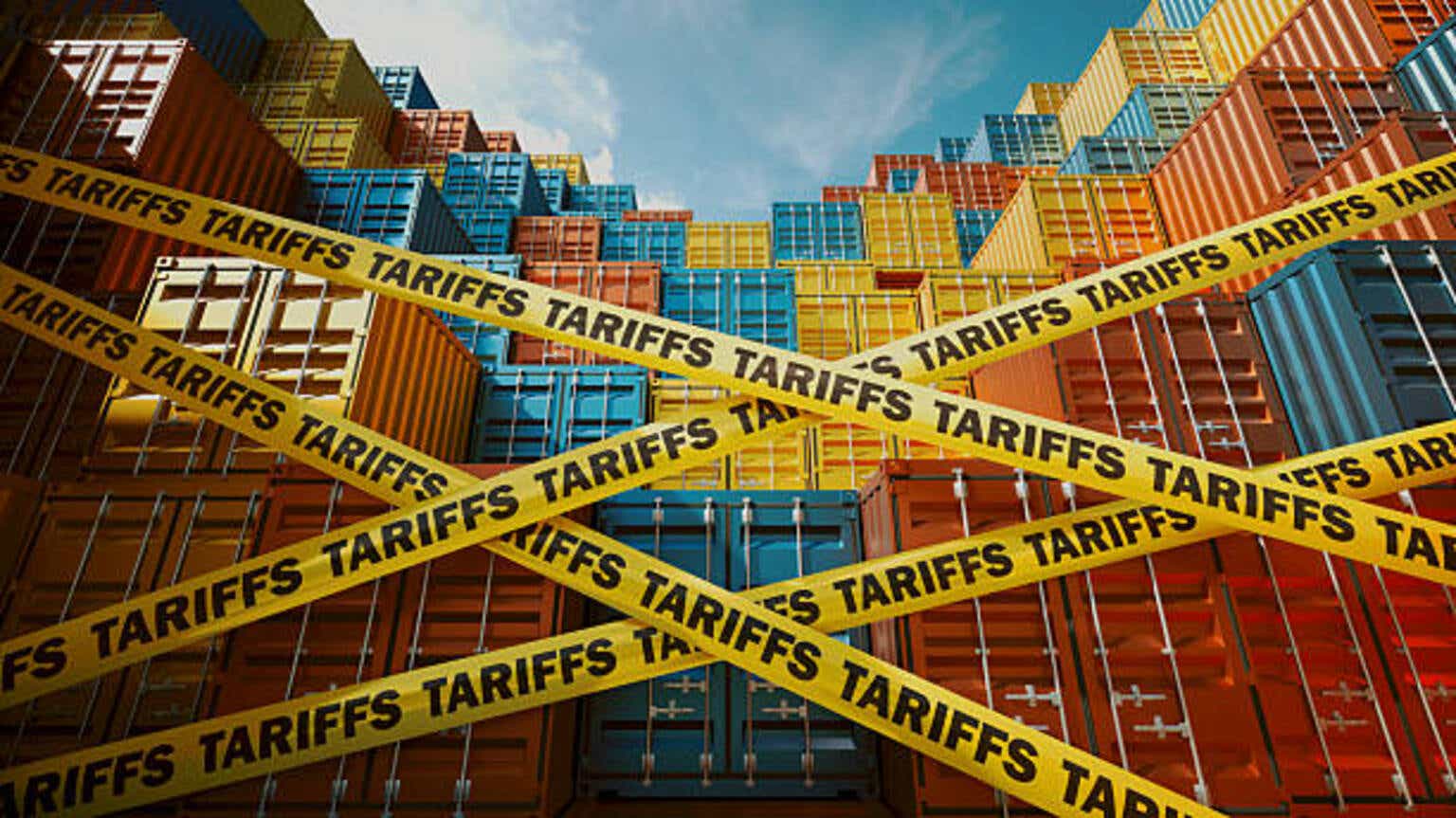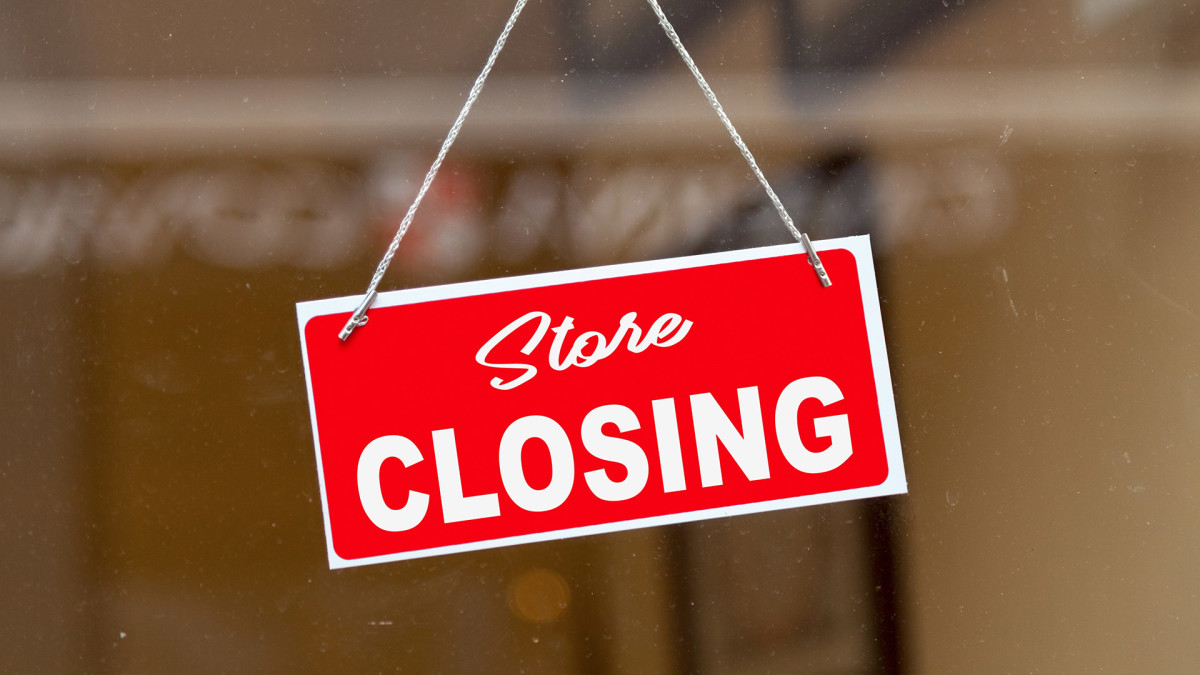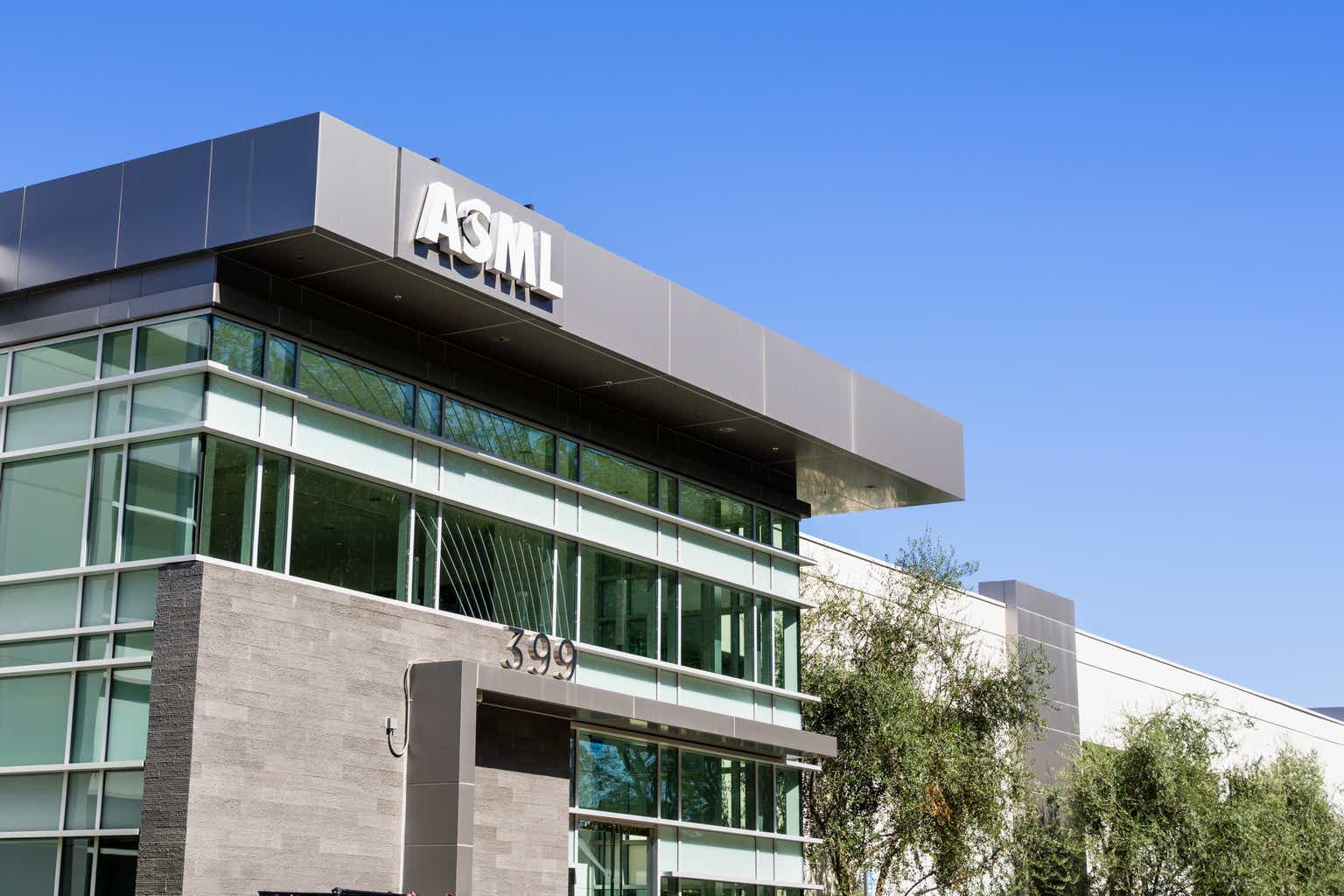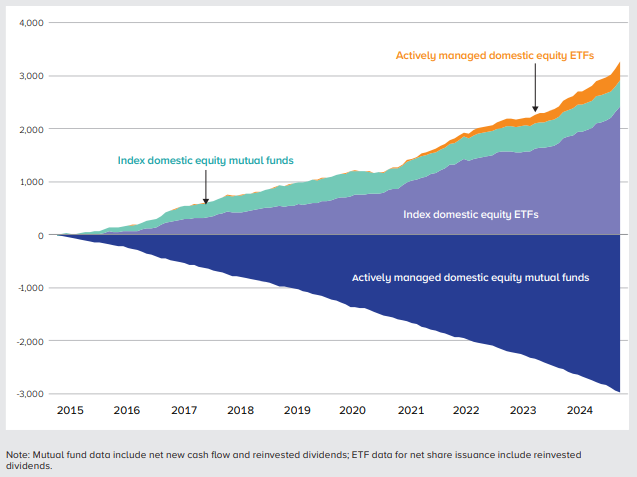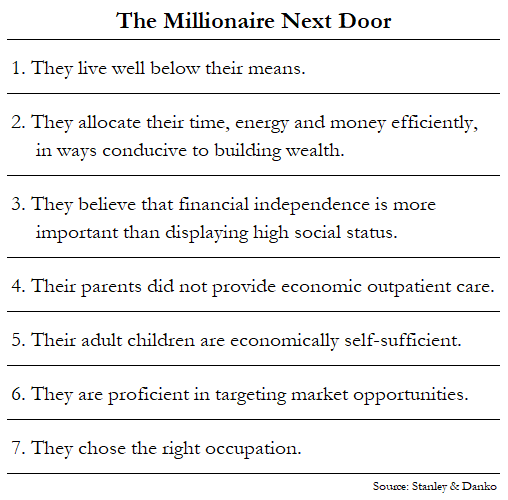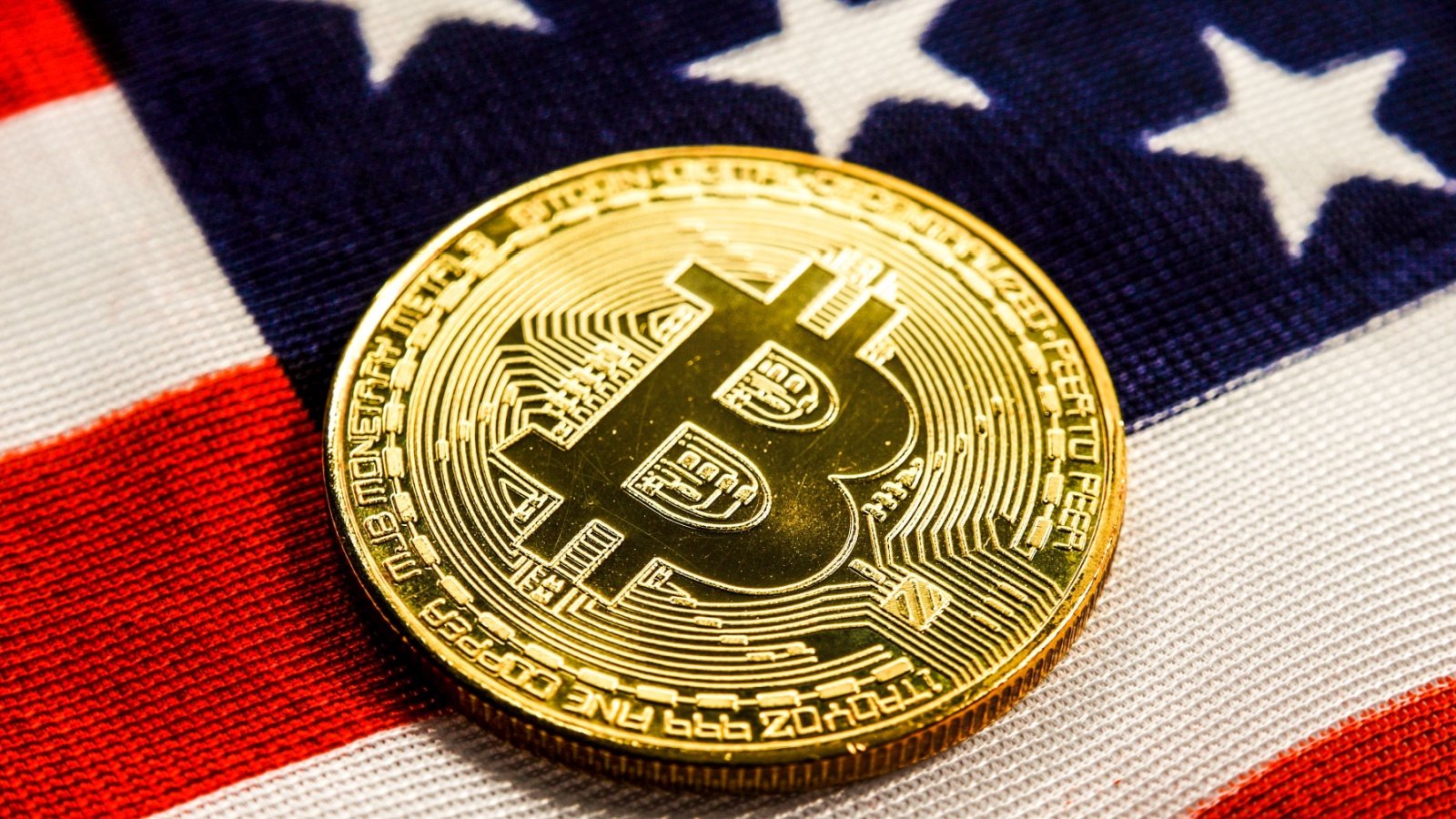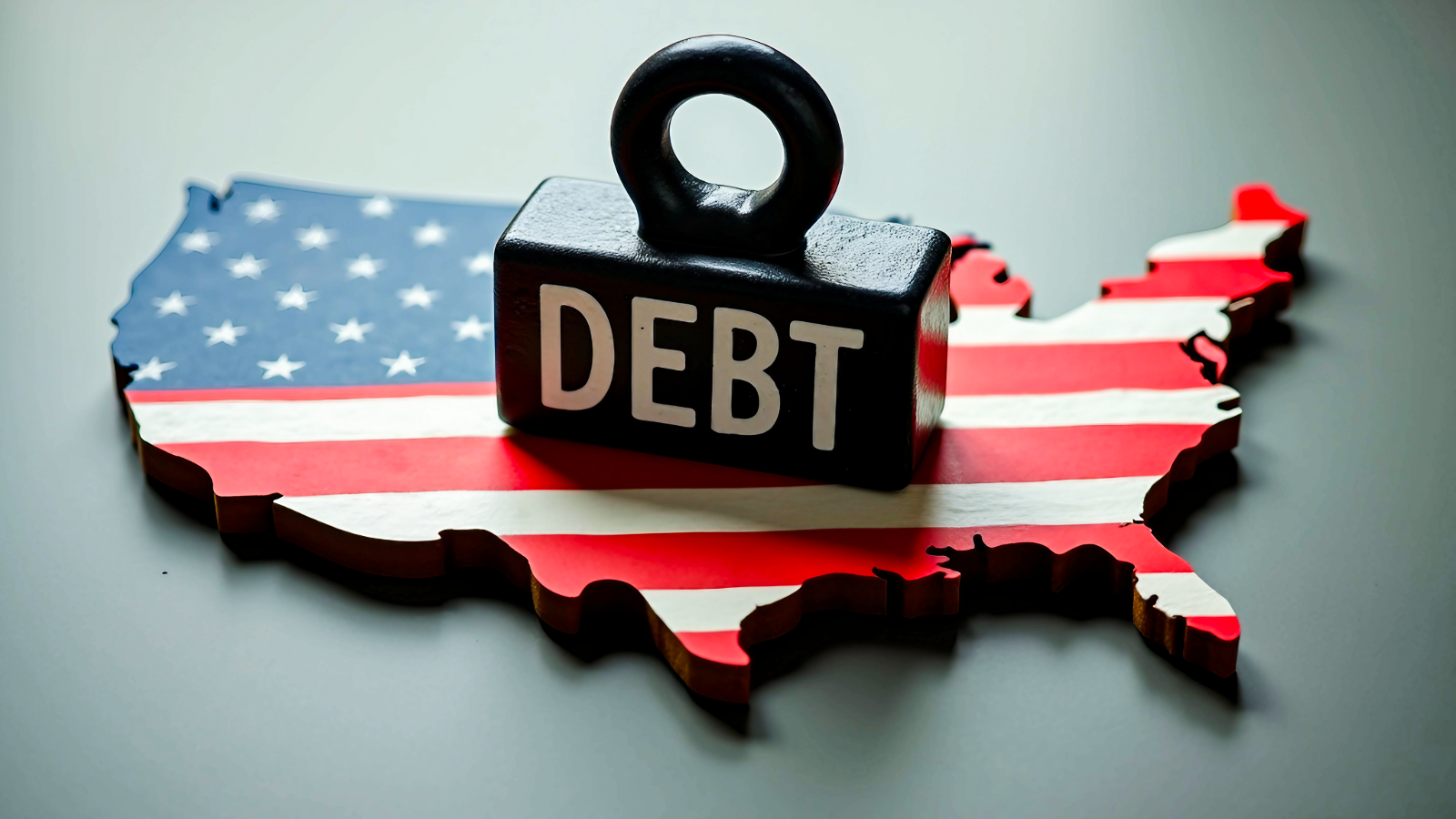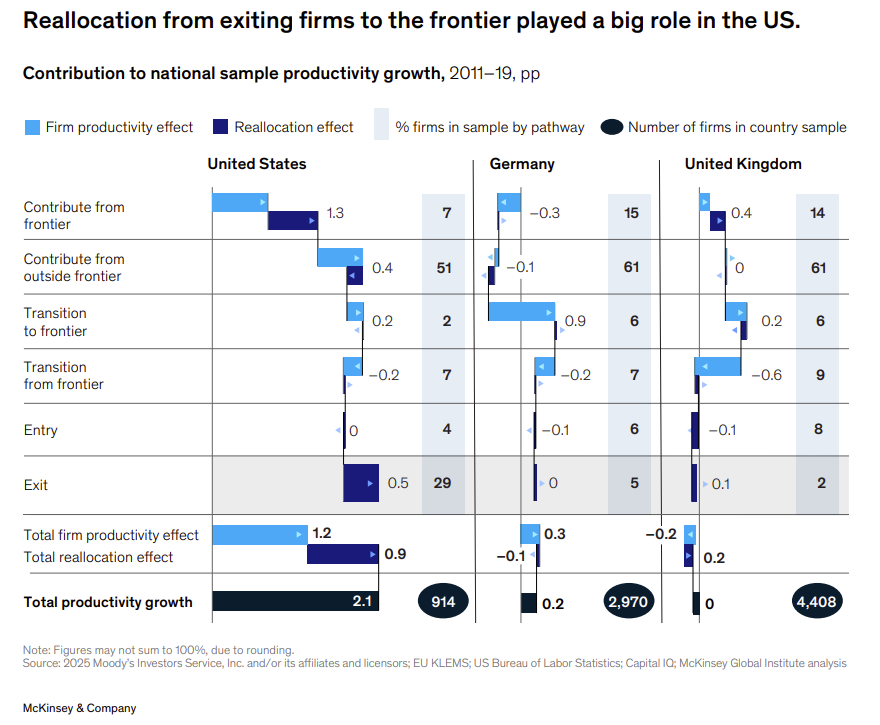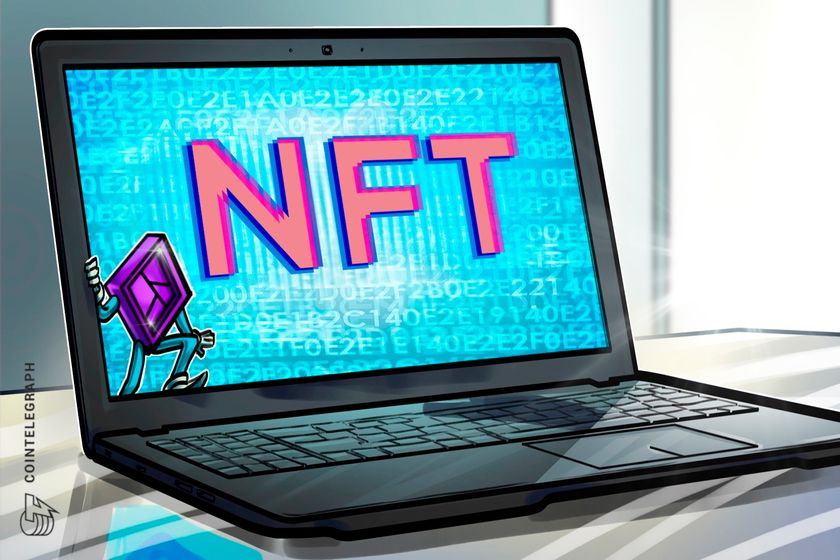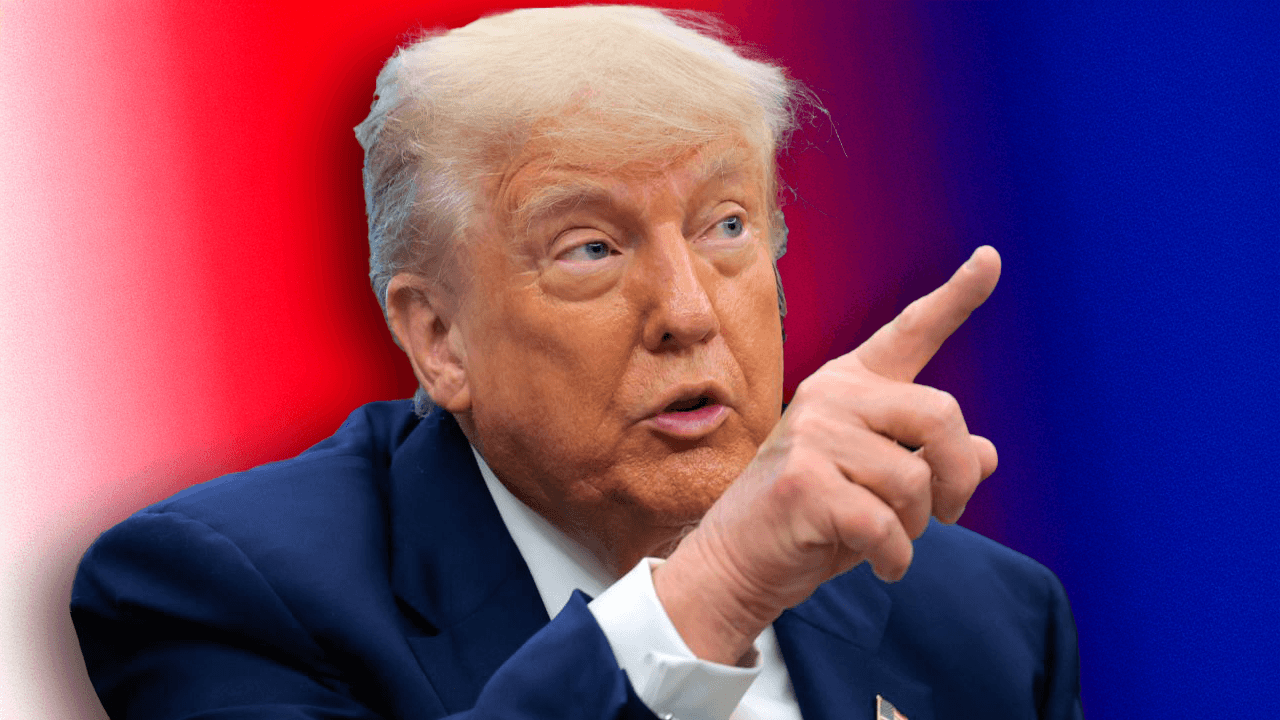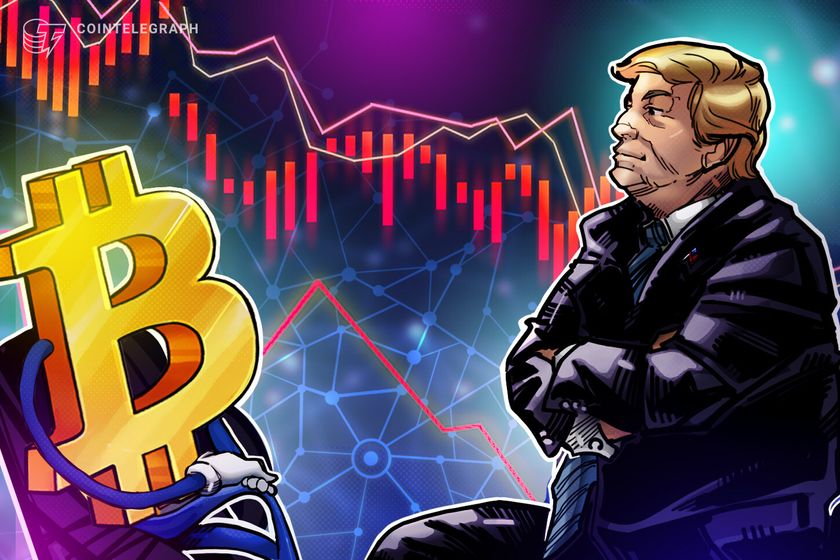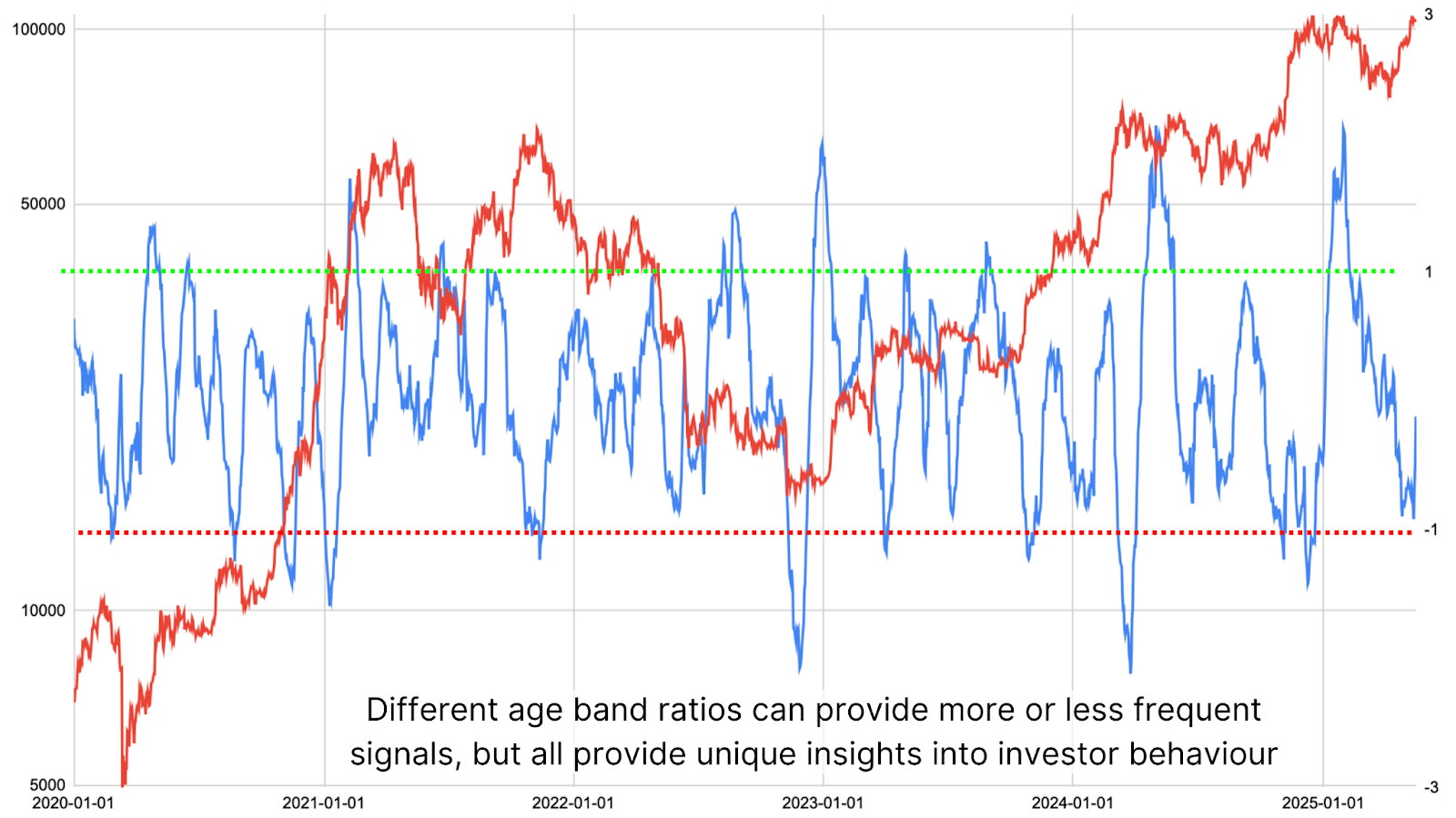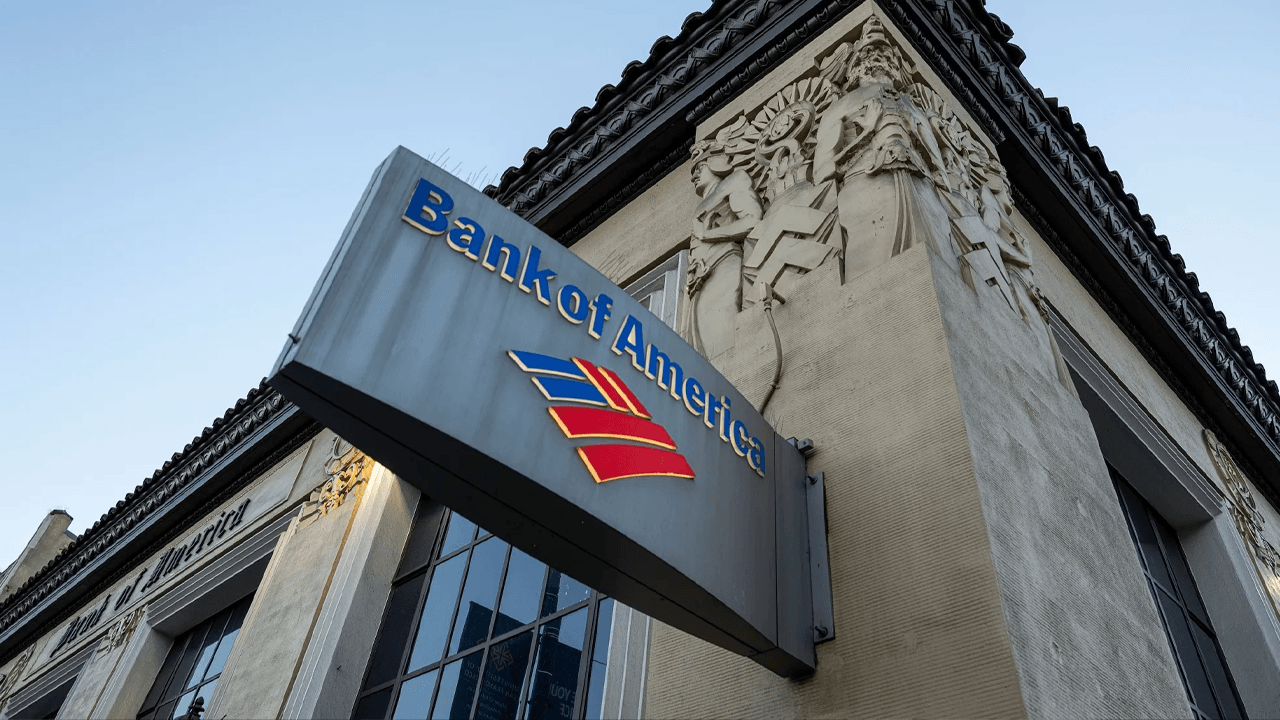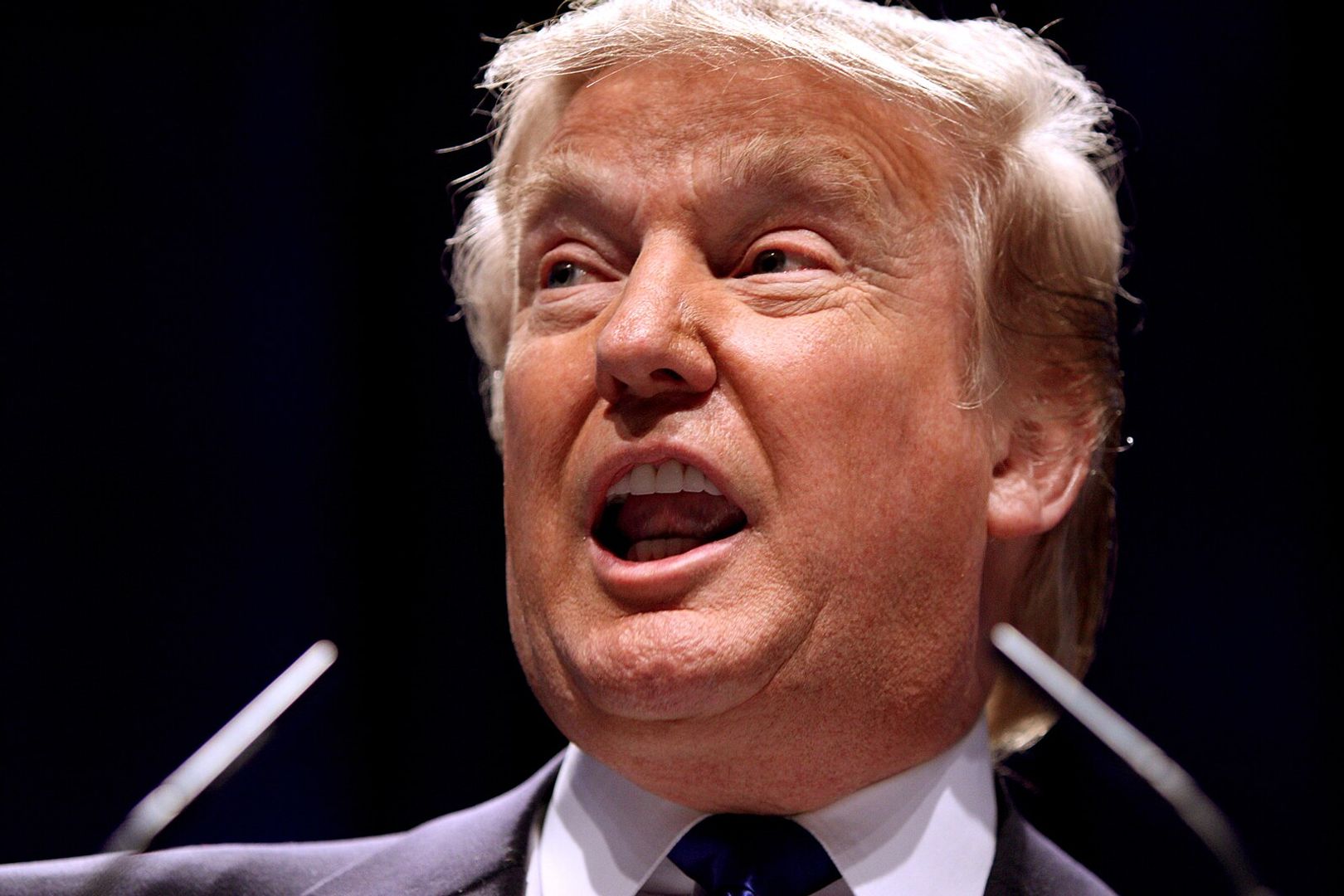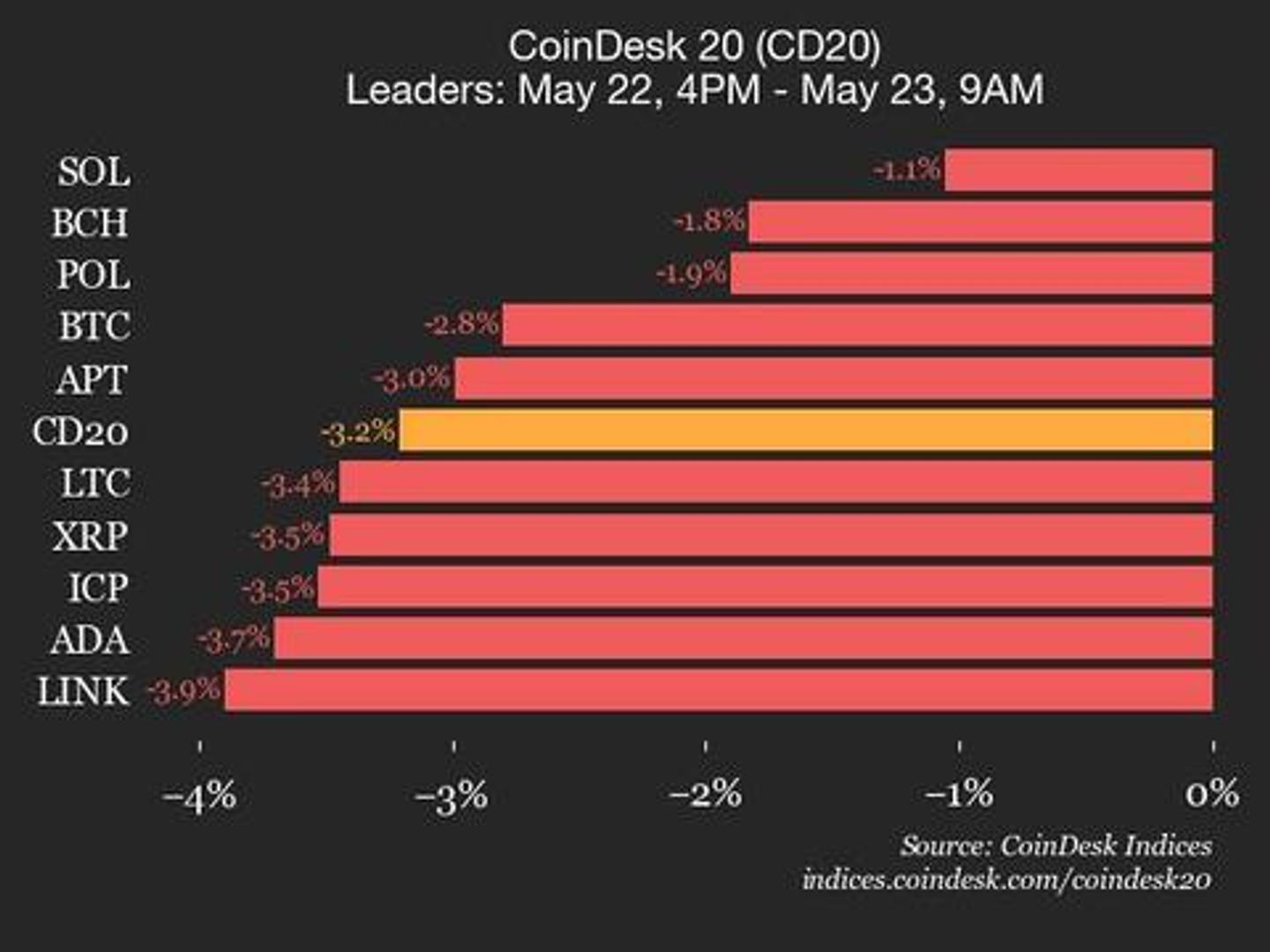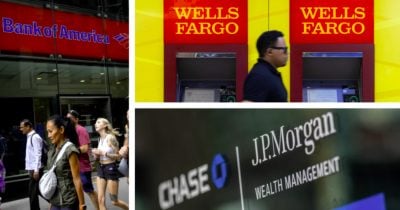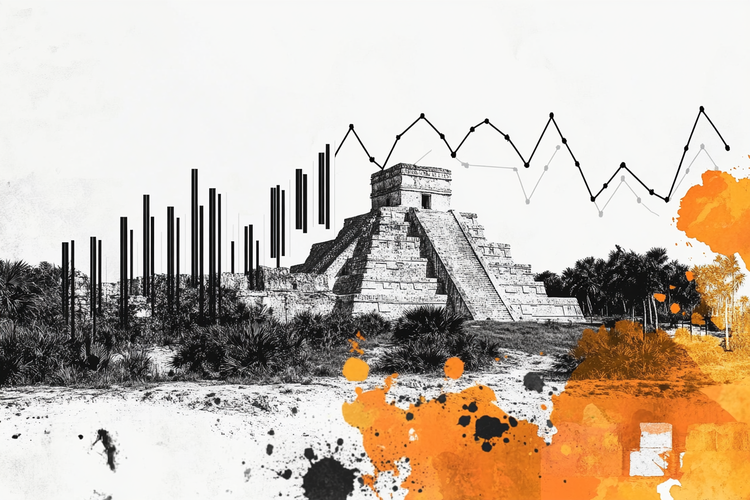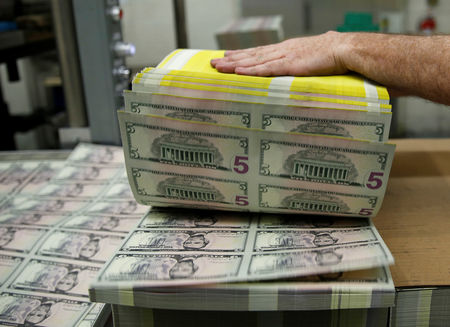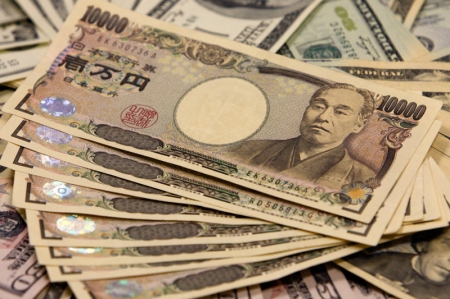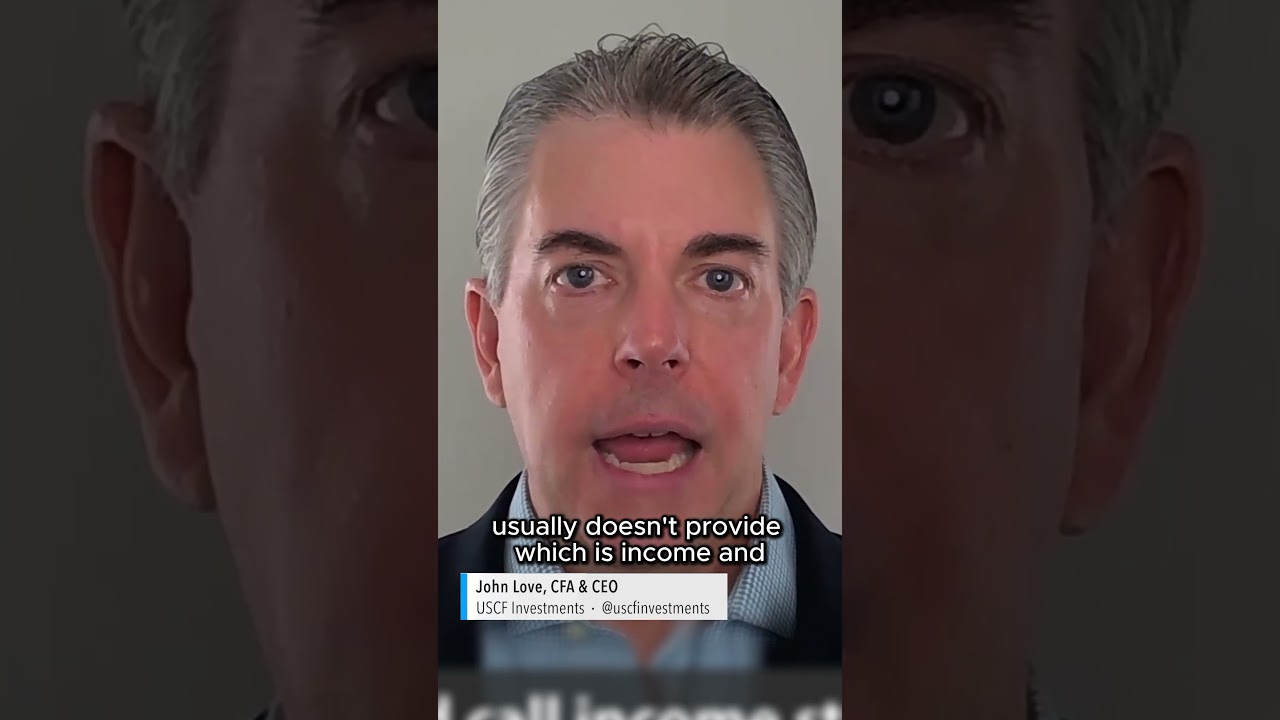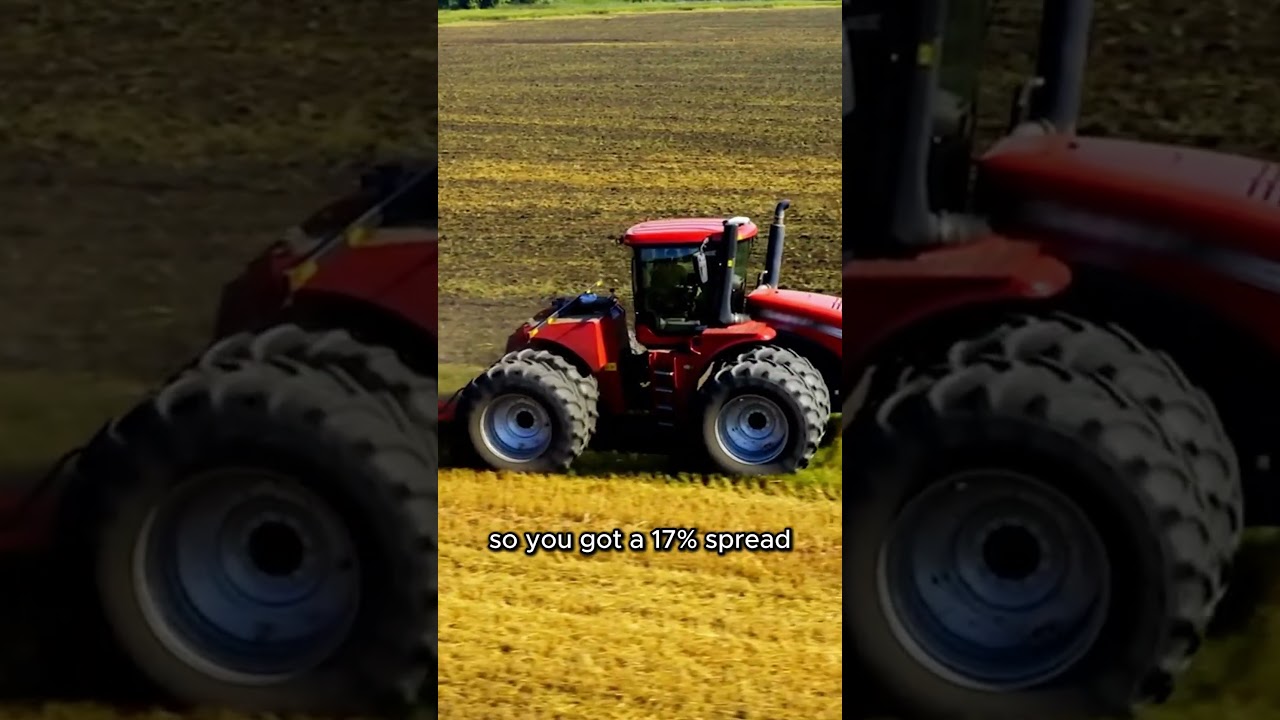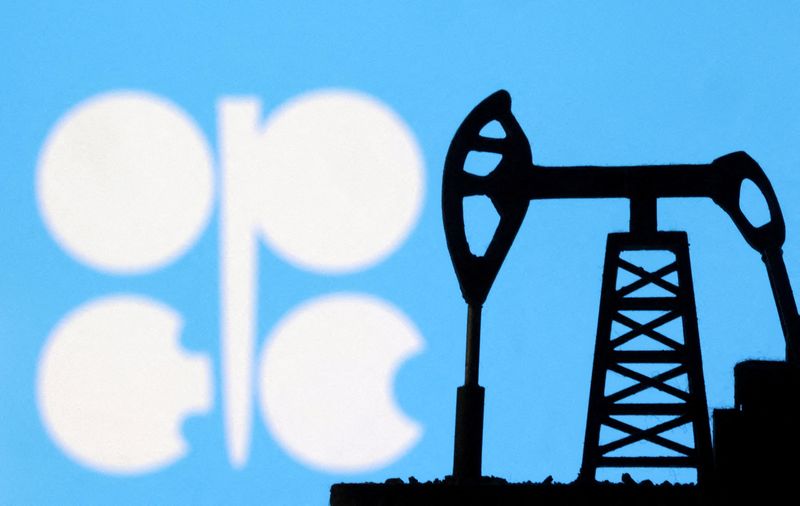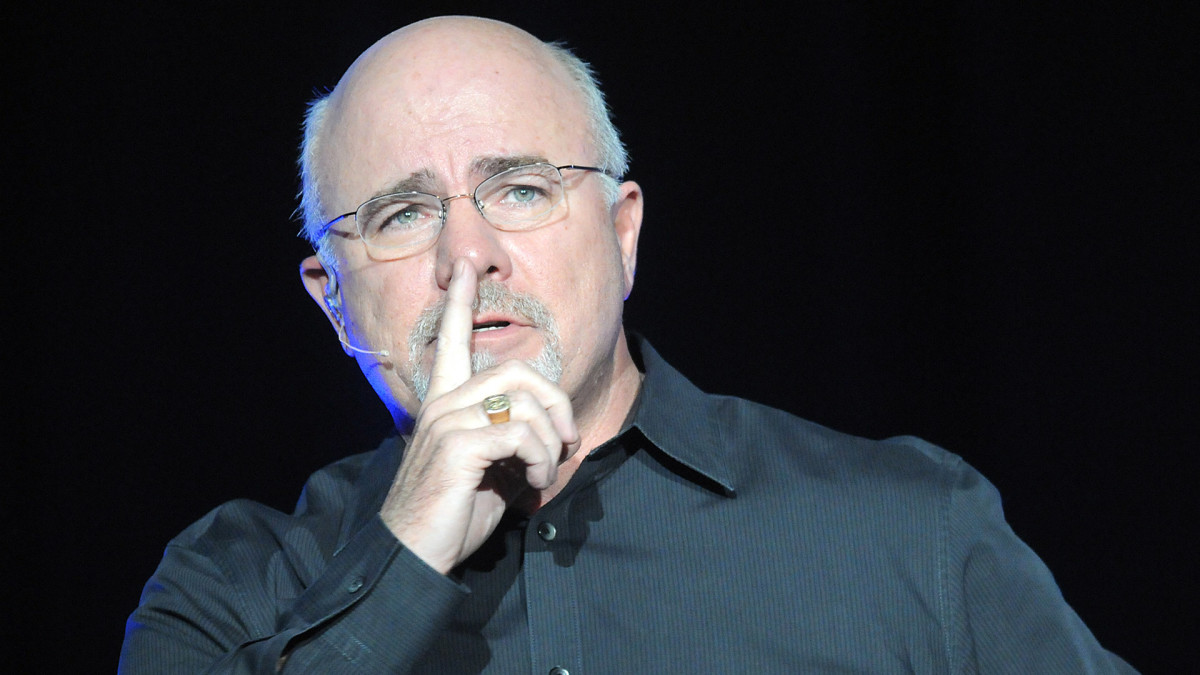Car dealers are worried, and it could be great news for car buyers
Car dealer sentiment shifted at the start of May.

Sales are rolling for the automotive industry, but auto dealers have a feeling that the good times won't last.
Over the past few months, tariffs, which normally would hurt an industry like autos that's so reliant on imports, have boosted sales as consumers flocked to dealer lots to get discounts ahead of an expected price jump.
Related: Auto industry starting to see first cracks from tariffs
“Dealers have a front-line view of the U.S. auto market, which appears to be at an inflection point,” said Cox Automotive Chief Economist Jonathan Smoke. “The recent sales pace has been a positive, lifting current market sentiment higher for franchised dealers. But as we’ve said before, 2025 is going to be a roller coaster for this industry, and the market could be a lot more hair-raising in the months ahead.”
Auto dealers' customer traffic index rose to 37 from 33 in Q1 last year. Franchised dealers reported a 10-point increase in in-person visits, the largest increase since the metric was introduced in Q3 2022, according to Cox.
“People are buying cars because they think tariffs are coming,” one Mazda dealer said.
Profitability also increased, jumping to 39 on the index, the highest in over a year. Franchised dealers led the gains, rising to 52 from 41. Independent dealers improved more modestly to 35 from 32.
But despite these bests, auto dealers are preparing for the worst as auto tariffs take effect. 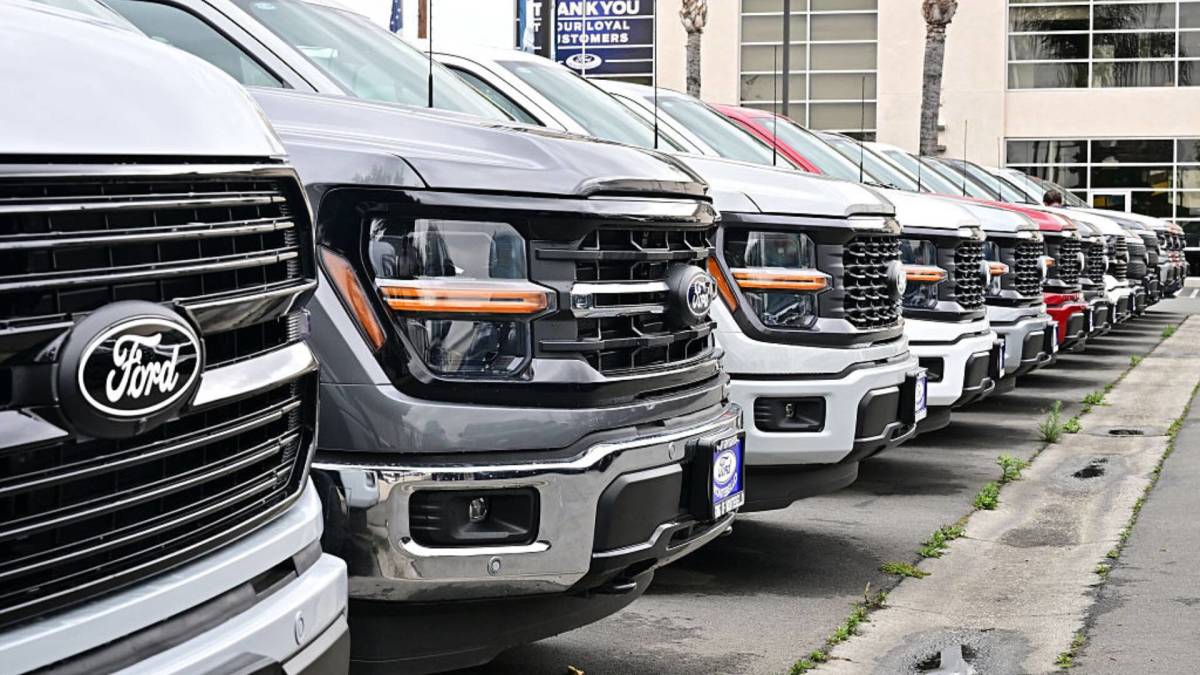
Auto dealers have low expectations for the next three months
Every quarter, Cox Automotive sends a survey out to auto dealers to get a temperature of their sentiment.
This quarter, they got responses from 977 dealers, including 496 franchised dealers and 481 independent ones. They were asked whether their sales expectations for the next three months were “strong,” “average,” or “weak.”
These responses were weighted by dealership type and sales volume.
So what did the survey say?
Related: Ford CEO Jim Farley has a strong take on tariffs
After two consecutive quarters of rising sentiment, the most recent survey, which concluded on May 5, recorded a double-digit drop to 45 from 58, indicating that more dealers expect weaker conditions over the next three months.
Independent dealers are the most worried, as their index dropped 15 points to 42. Franchised dealers' expectations fell less dramatically to 56 from 61.
Over half (51%) of dealers mentioned the U.S. economy as their biggest concern. Respondents said it is the top factor holding businesses back, overtaking interest rates, which garnered 42% of the votes.
“Things are going to be changing in the second half of the year with possible recession and prices soaring on new and used cars,” one Toyota dealer in the West region said.
Economic uncertainty also weighs on consumers who are waiting to make big-ticket purchases.
“Customers seem to be holding off on major purchases right now. Wallets are tight with the economic uncertainty,” a Nissan dealer in the Northeast said.
Auto tariffs to increase prices
The 25% tariffs President Donald Trump has imposed affect all imported vehicles not covered by USMCA. Imports from the UK also have a reduced rate after that country negotiated with the president.
New vehicle inventory dropped by 4.7% to 2.49 million at the start of May as sales outpaced reinforcements, according to Cox Automotive data.
U.S. dealerships reported 2.69 million units at the start of April, a 10.5% decrease from a year ago.
Prices are already climbing.
The average new vehicle listing price at the end of April was $48,656, up $774 (1.6%) from $47,882 at the start of the month and up $1,318 (2.8%) from a year ago.
The average transaction price of a new vehicle rose 2.5% in April to $48,699 month to month and 1.1% year to year.
At the same time that transaction prices are rising, the incentives that dealers use to attract buyers are falling, down to 6.7% of the average transaction price in April from 7% in March.
Related: Veteran fund manager unveils eye-popping S&P 500 forecast





